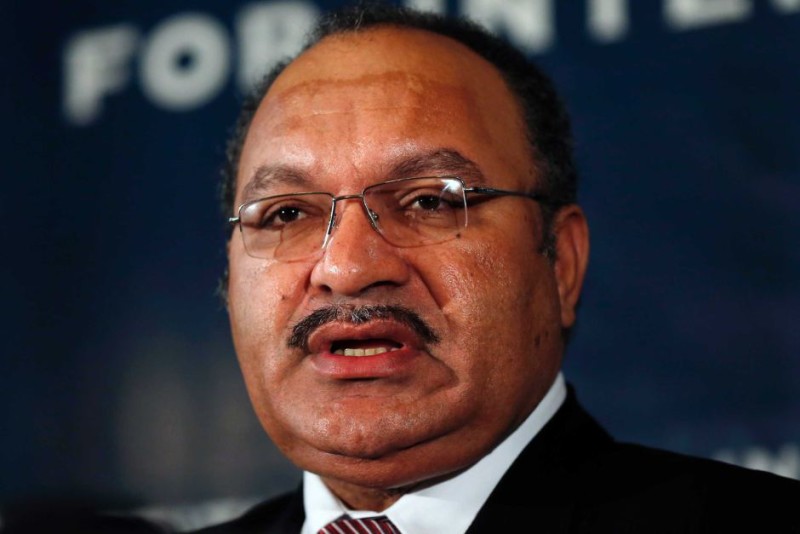Papua New Guinea has emerged the first nation to submit its nationally determined contributions (NDCs) to the United Nations Framework Convention on Climate Change (UNFCCC).

The UNFCCC secretariat has thus created a new page on its website to capture the NDCs, which are countries’ formal climate action plans under the Paris Climate Change Agreement.
According to the UN body, NDCs set out publicly the climate actions that each country will take under the Paris Agreement to contribute to the global community’s determined effort to secure a sustainable future for all nations by keeping the global temperature rise since pre-industrial times well below two degrees Celsius.
Head of UNFCCC, Christiana Figueres, said: “I congratulate Papua New Guinea on this first NDC. Before the UN climate change conference in Paris, the international community had already envisioned an unprecedented response with almost every nation on Earth setting out their preliminary action plans to address climate change. These provide the foundation upon which the world will over time strengthen their ability to keep a global temperature rise well under 2 degrees C if not 1.5 degrees C, and build resilient societies. Much more remains to be done but NDCs under the Paris Agreement represent one of the next key steps alongside the opening for signature of the Agreement in New York on April 22 en-route to it swiftly coming into force.”
The Agreement has also encompassed the ways and means to provide increasingly robust financial, and technology support to developing countries to achieve their nationally determined climate objectives, she added.
A total of 195 countries under the UNFCCC set a clear path towards this goal at the UN climate change conference in Paris, last December.
This, stressed the UNFCCC, means peaking global emissions soon – stopping their current annual rise – and then reversing them very rapidly to a point as soon as possible later this century when remaining greenhouse gas emissions are absorbed back from the atmosphere by nature or technology.
Before Paris, almost all these countries had submitted what were called intended nationally determined contributions (INDCs). The Paris Agreement now provides a legal foundation for these previously communicated INDCs, in the form of NDCs.
The UNFCCC believes that the impact of the INDCS, fully implemented, would already keep the world within around a 3 degree rise – not yet near enough but a huge advance from the 4 or 5 degrees or more we would otherwise be headed towards, with each extra degree adding exponentially larger losses to life, livelihoods and investments.
The UNFCCC secretariat is preparing to launch a new and formal registry of NDCs in about one month.
